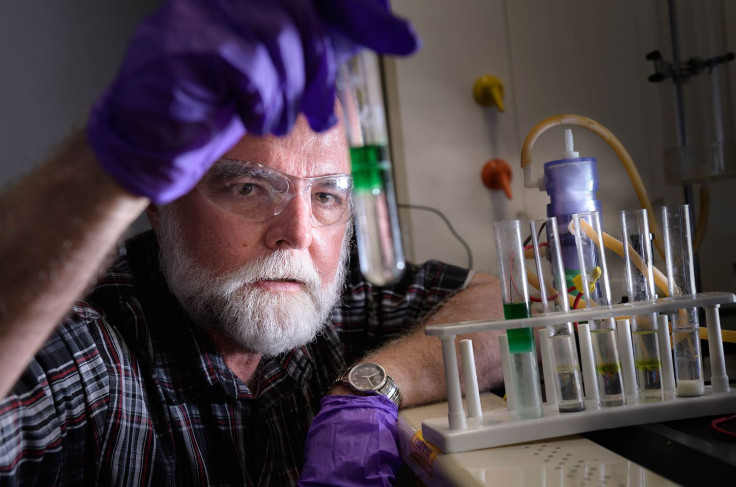Scientists develop instantly rechargeable battery tech for electric and hybrid vehicles
John Cushman, lead researcher in developing the technology, has co-founded Ifbattery to commercialise it.

Researchers have developed technology that could instantly recharge batteries used in electric and hybrid vehicles. The method, which is similar to refuelling a car at a gas station, is safe, affordable and environment friendly, they say.
John Cushman, who led the research team at Purdue University that developed the technology, co-founded Ifbattery to commercialise the technology.
Cushman said the biggest challenge the industry has to deal with is to extend a battery's charge and to have infrastructure that can charge the vehicles. Electric cars need convenient locations for charging ports and recharging stations require massive infrastructure.
Eric Nauman, co-founder of Ifbattery and a Purdue professor of mechanical engineering, basic medical sciences and biomedical engineering explained, "Ifbattery is developing an energy storage system that would enable drivers to fill up their electric or hybrid vehicles with fluid electrolytes to re-energize spent battery fluids much like refueling their gas tanks."
The fluid electrolyte could be taken to a solar farm, wind turbine or hydroelectric plant to be recharged.
"Users would be able to drop off the spent electrolytes at gas stations, which would then be sent in bulk to solar farms, wind turbine installations or hydroelectric plants for reconstitution or re-charging into the viable electrolyte and reused many times. It is believed that our technology could be nearly 'drop-in' ready for most of the underground piping system, rail and truck delivery system, gas stations and refineries," Cushman said.
Mike Mueterthies the third co-founder of Ifbattery said while other flow batteries exist, their battery system is the first to remove membranes, which reduces costs and extends battery life.
"Membrane fouling can limit the number of recharge cycles and is a known contributor to many battery fires. Ifbattery's components are safe enough to be stored in a family home, are stable enough to meet major production and distribution requirements and are cost effective," Cushman added.
© Copyright IBTimes 2025. All rights reserved.





















